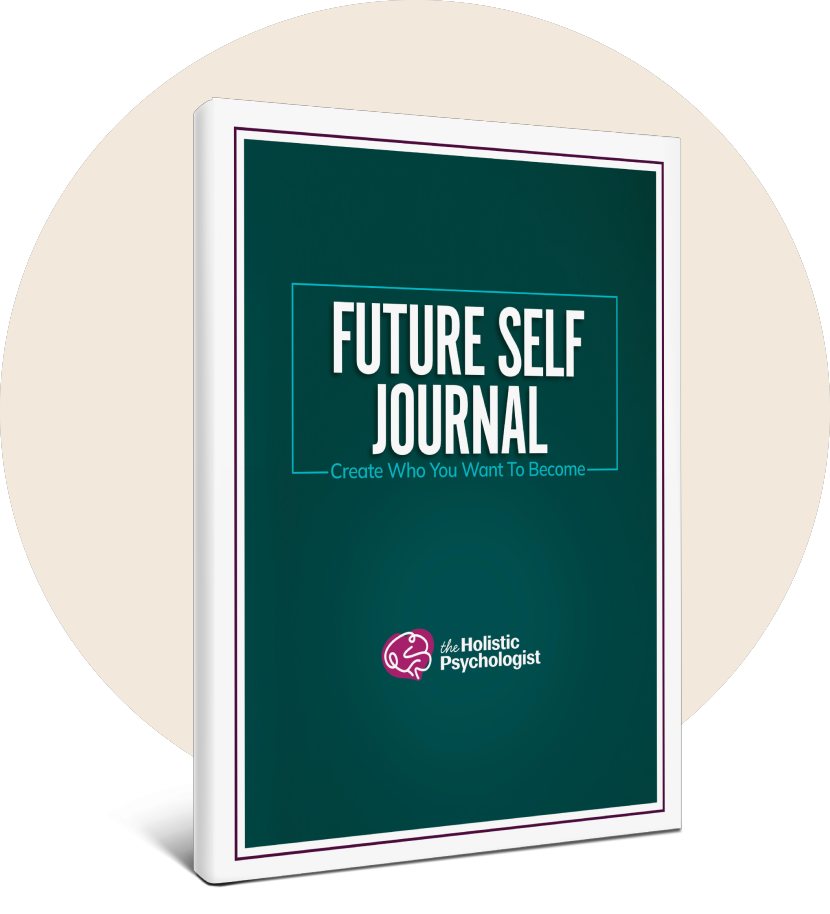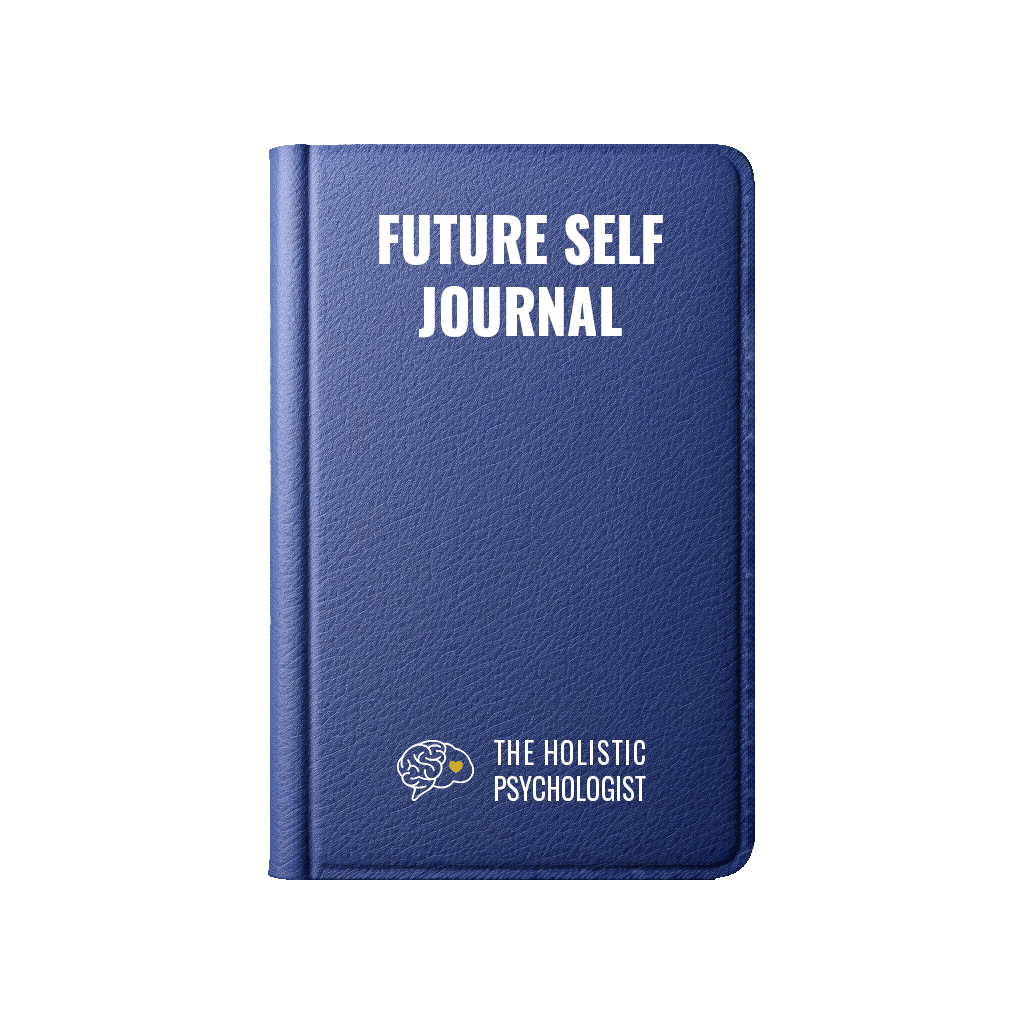Boundaries are an ultimate life hack. They’ll give you space to protect your energy. You’ll feel less overwhelm and daily stress. Confidence and self esteem will start to build. Relationships will hold more meaning. But first, you will be scared to death. Why? Most of us have never created them let alone held them.
Boundaries are your firm line. They are your verbal (and sometimes non-verbal) communication with the world and the people in it. Almost everyone struggles with boundaries because they never saw the adults in their family have them. They had a mother who said yes to every single event even if she was exhausted or a father who did for everyone before himself. Society rewards these types of behaviors but we don’t ever look at how these people feel. We don’t look at the state of their health or the satisfaction of their relationships. If we did, we may not be rewarding this behavior. Eventually, resentments creep in, tempers flare, and disease manifests.
So how do you know if you don’t have clear boundaries?
- You cringe at the word “no.” I remember when I first started learning about the power of “no” I thought, this is so simple. My mind clearly understood that “no” is a complete sentence and I didn’t have to explain myself. When I actually went to practice it, I couldn’t believe the fear and anxiety it brought up. I struggled to not explain myself or apologize. A clear sign I needed to do some serious work with my own boundaries
- You feel guilt, shame, fear (insert any similar emotion) when you put yourself and your own needs over the wants of someone else. Not having boundaries is really an underlying statement that your self esteem is damaged in some way. Wanting to be liked or avoiding conflict is normal, but when it comes at the expense of you own feelings your self worth needs some development. Good news, because establishing boundaries does just that.
- You’ve never/rarely ask “what do I want?” When boundaries are hazy, we literally lose our “self” in the mix. Thinking of ourselves in every situation is not selfish, it is self care
It’s important to understand that having and keeping boundaries is a skill. It takes a lot of practice but the reward is that one day it will be second nature. If you feel overwhelmed or frustrated, you should. You are making an adjustment with the way you function. Hang on and commit. People with clear boundaries live the most satisfying lives.
Here are some tips for creating boundaries
- Understand people’s feelings are not your responsibility. The underlying belief when we do things to make others “feel” better is that we are responsible for how people feel. Some people don’t like hearing no. Other people may think you are “selfish” or “rude.” How people feel about your actions is based on their own previous experiences in the world. They have little or nothing to do with you. You are not responsible for the feelings created from them.
- Say NO then step away. The reason people can’t keep boundaries is because of how the person they’re trying to set the boundary with reacts. It is incredibly important to say “no” and then remove yourself from that person. It may mean turning off your phone or going into your bedroom and closing the door. The beginning of boundary setting is all about getting you OK with saying no. In order to do that, you need to block out all responses.
- Let words be second to action. Humans are verbal creatures. We are used to expressing ourselves mainly through words. Boundaries are challenging because they involve follow up action. Not only do we have to do something different we have to avoid the desire to over-explain, apologize, or rationalize our choices to another. We need to commit to our decided action (or inaction depending on the situation) and avoid the tendency to talk our way out of doing so. Sometimes this means communicating non-verbally through our actions.










